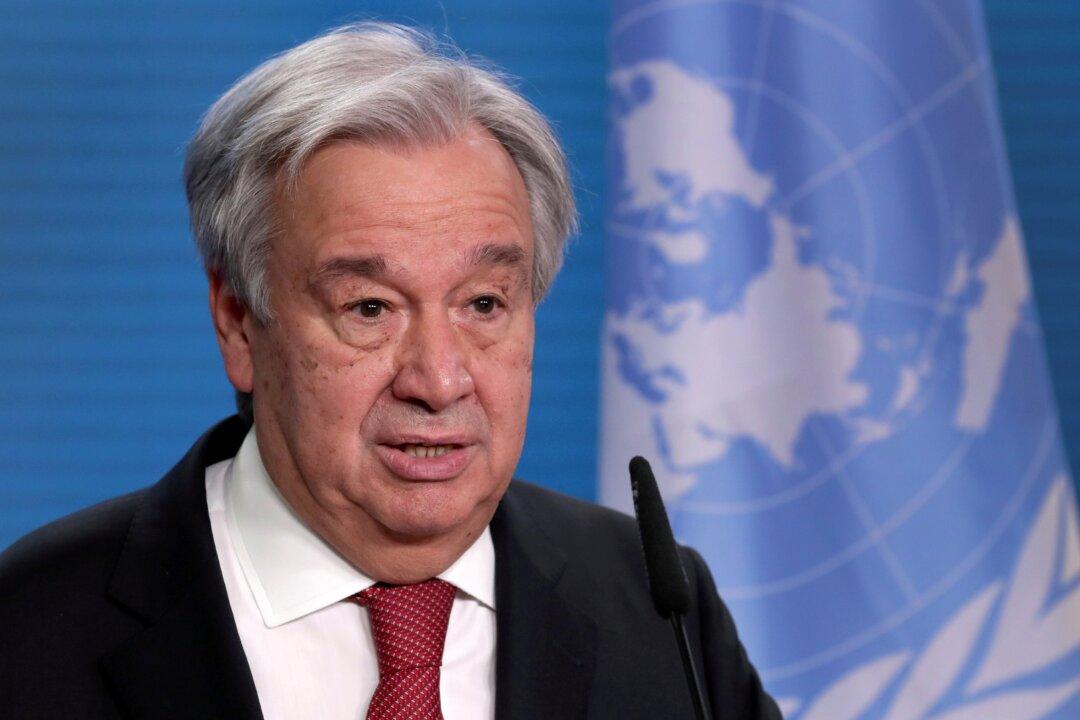In a special address to the World Economic Forum’s Davos Agenda 2022, United Nations Secretary-General António Guterres said that “no new coal plants should be built.”
“This must be a priority for us all—to phase-out coal,” he said.

“This must be a priority for us all—to phase-out coal,” he said.